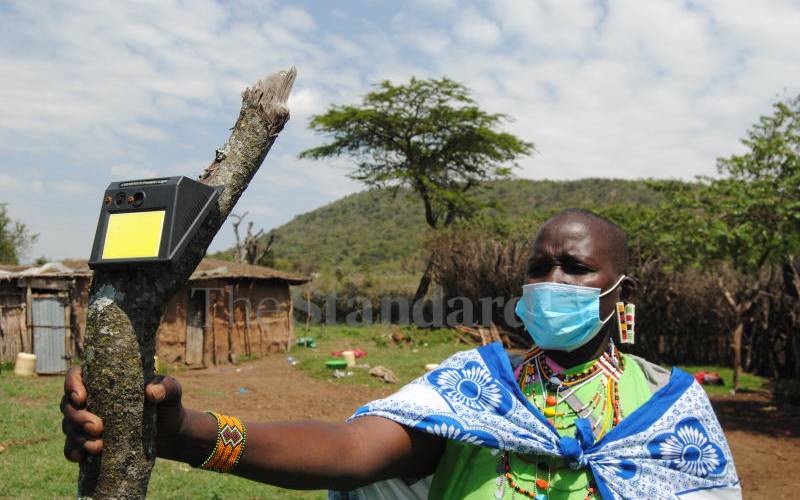×
The Standard e-Paper
Fearless, Trusted News

Pastoralists in Narok County have long counted their wealth in terms of the number of cows, goats and sheep that they own.
Those who live in villages around the Maasai Mara Game Reserve have been known to go to great lengths to protect their livestock from predators that stalk the grasslands in search of a meal.